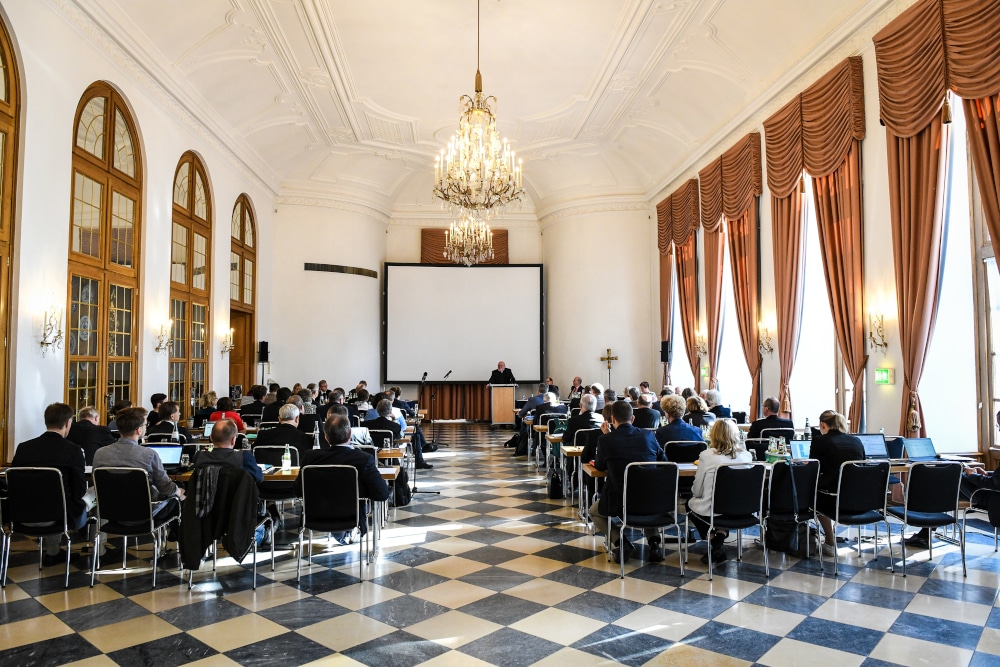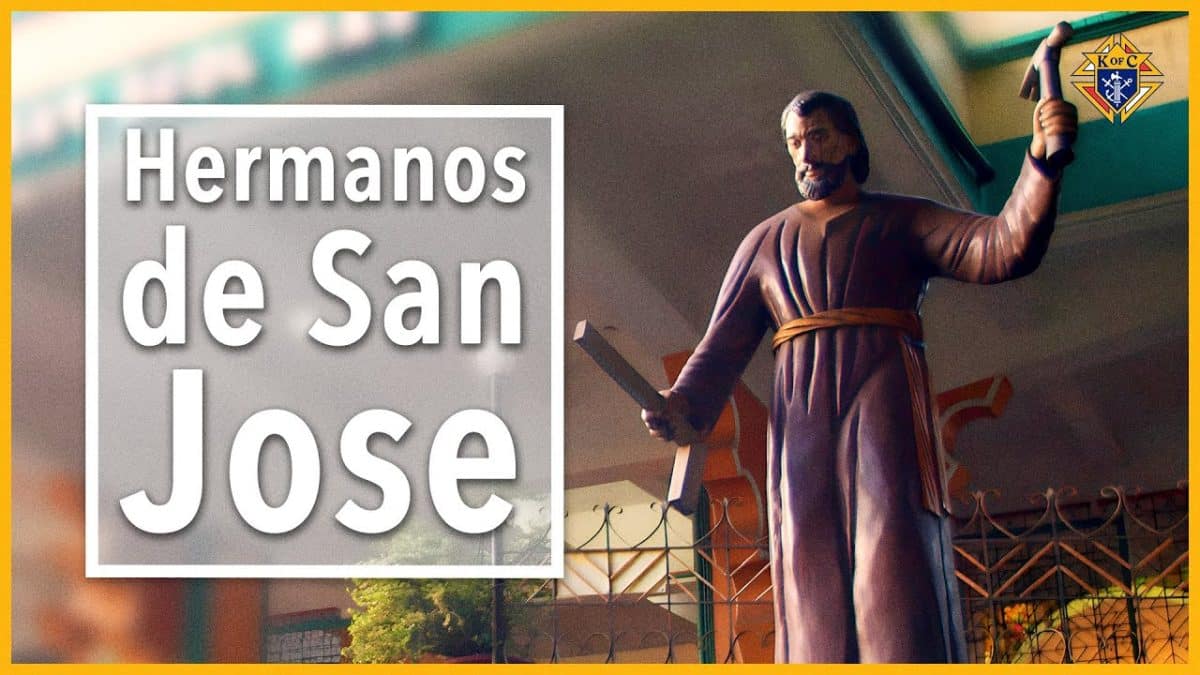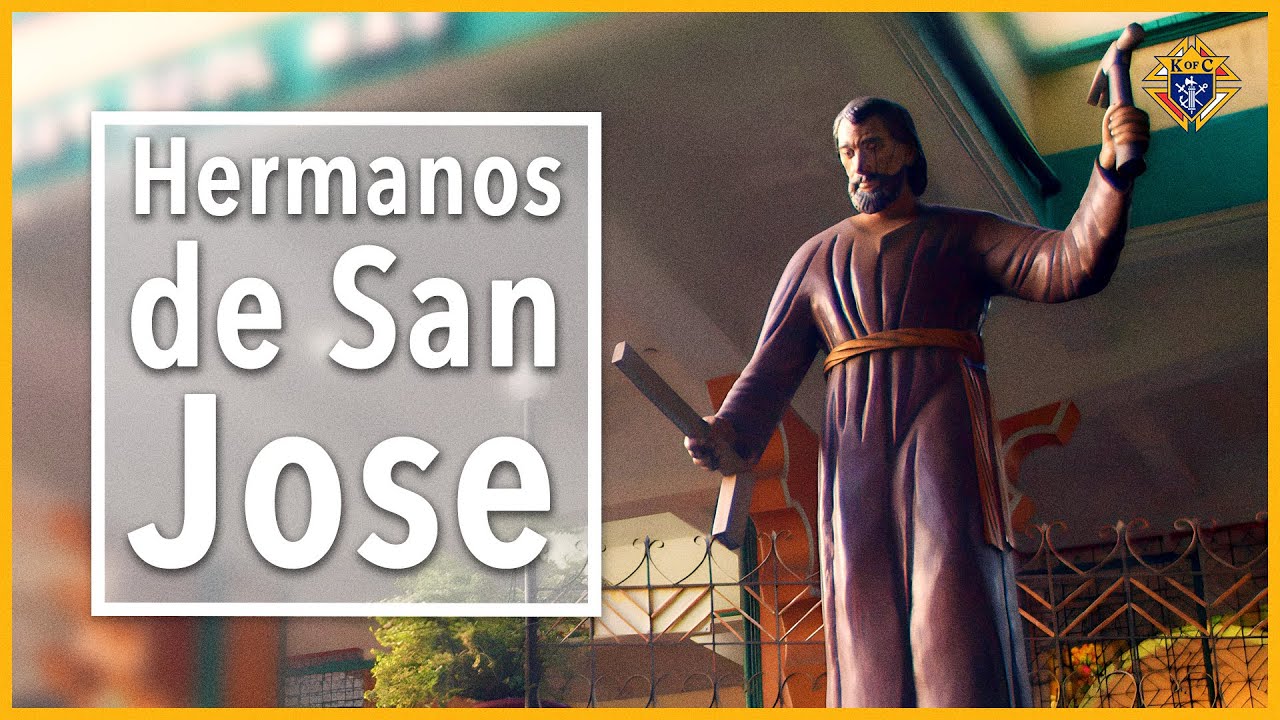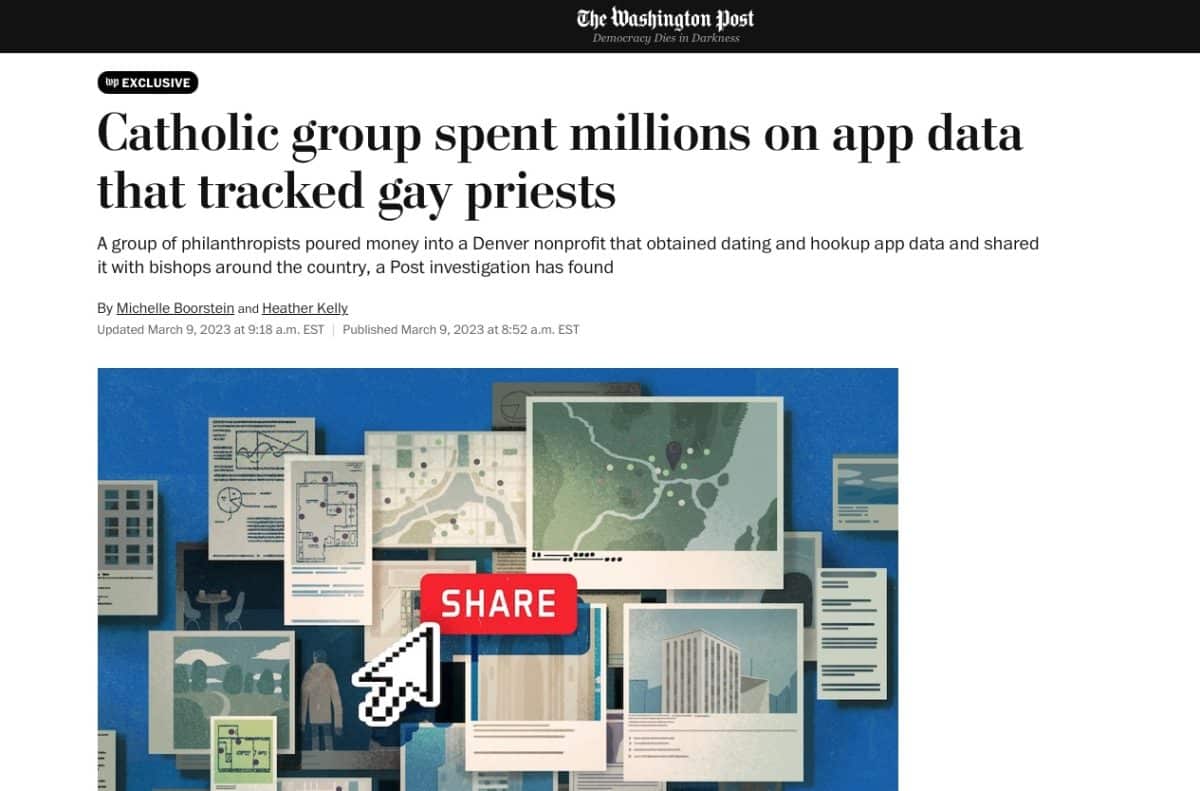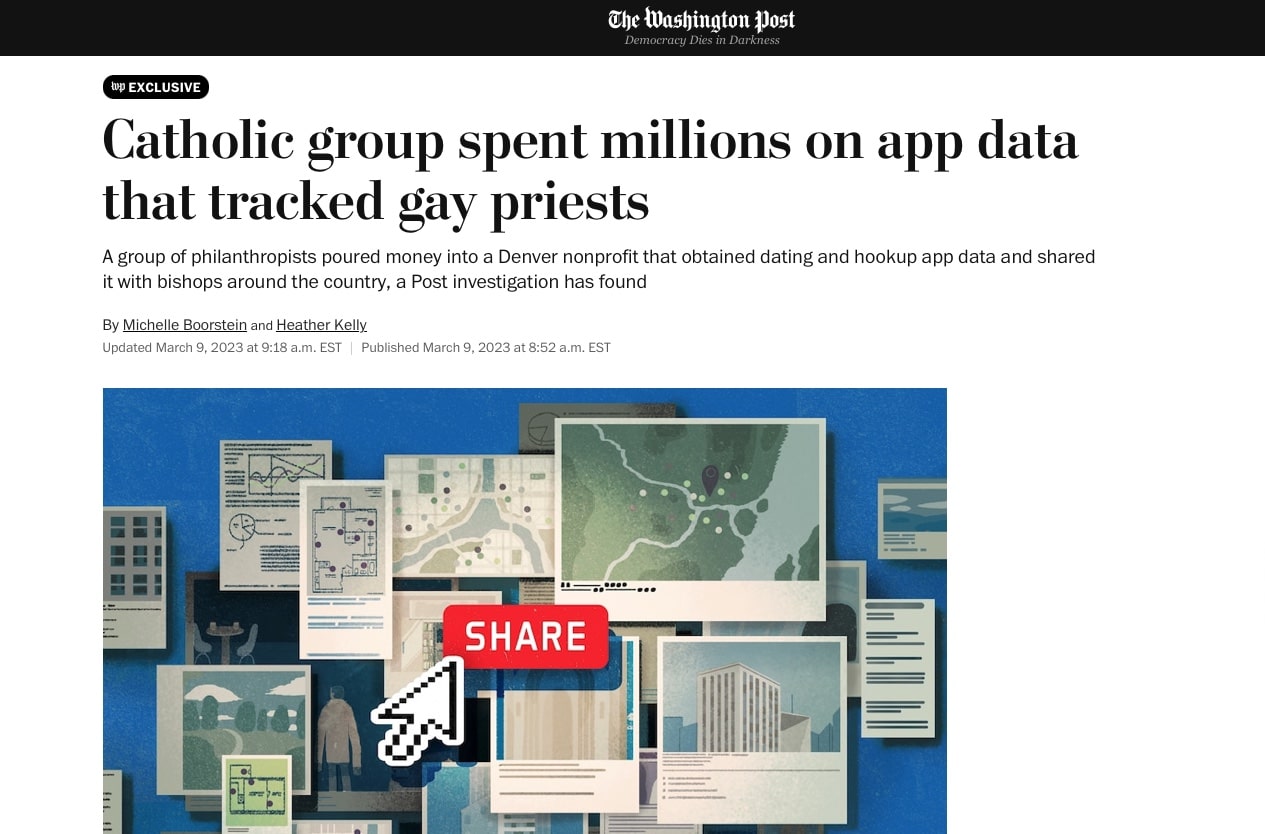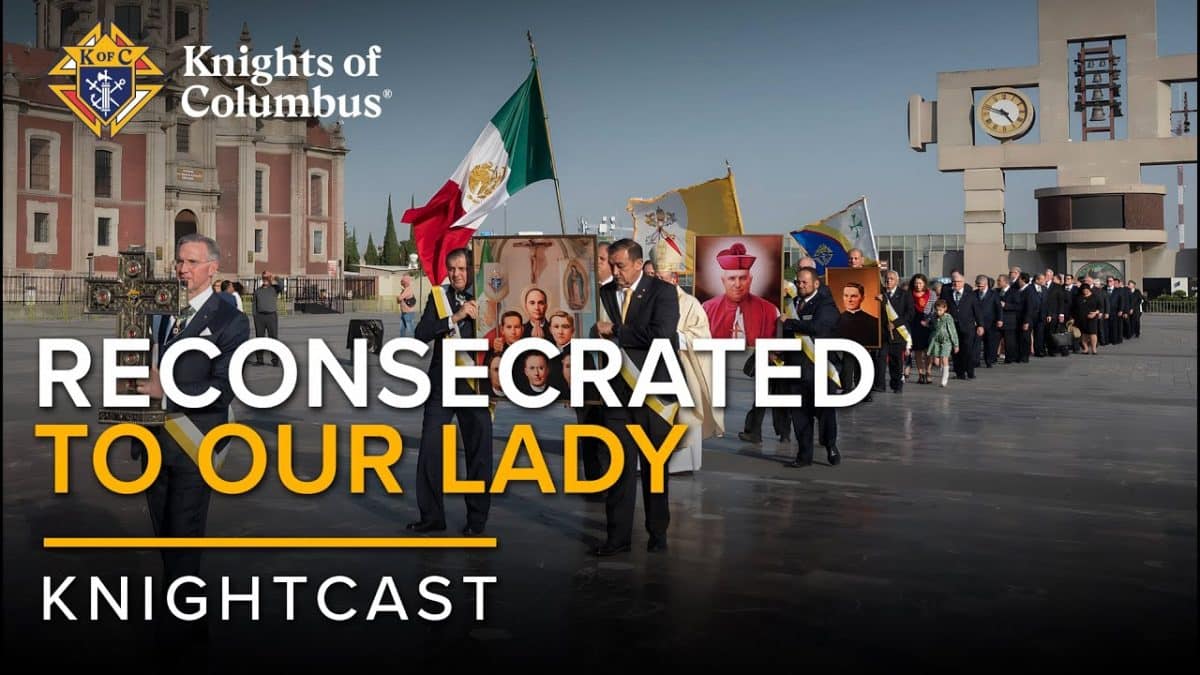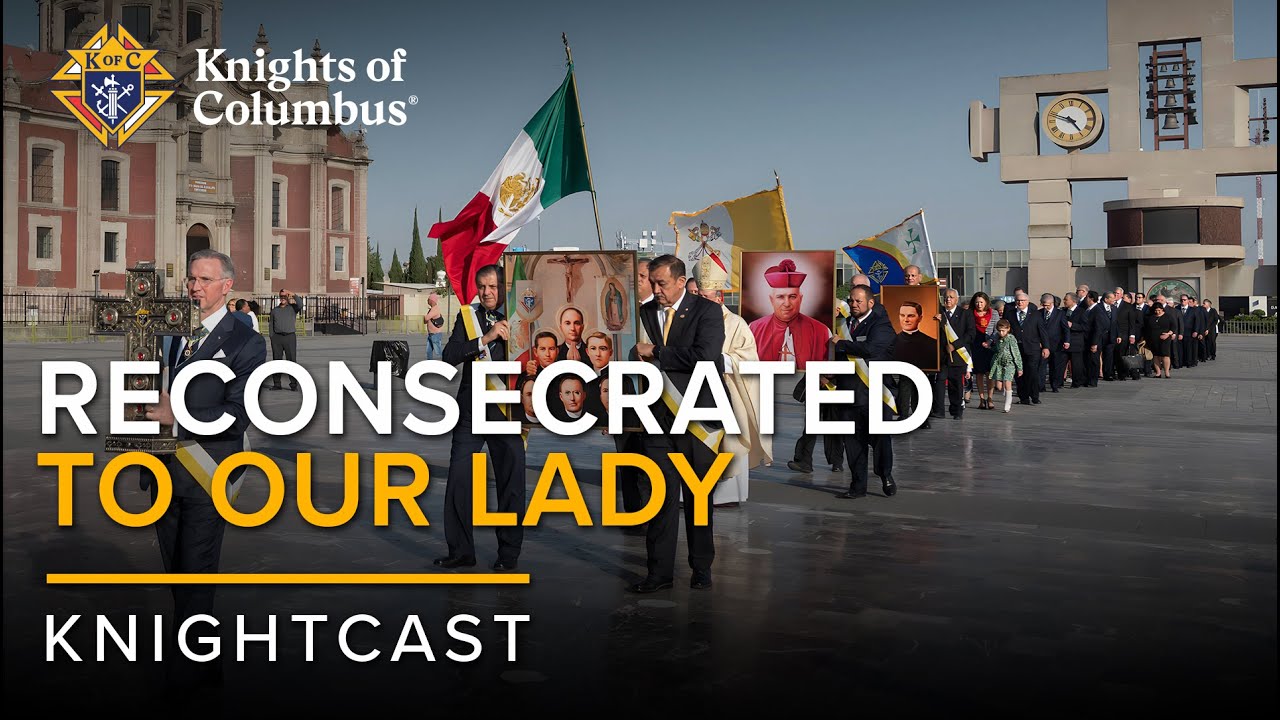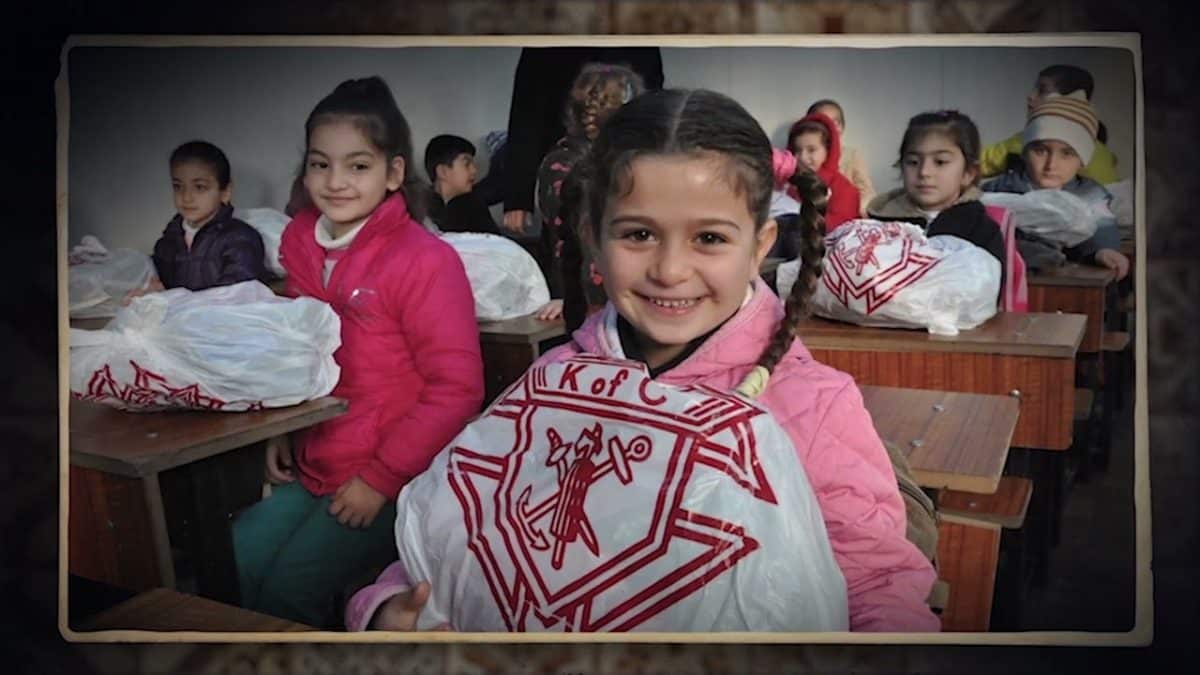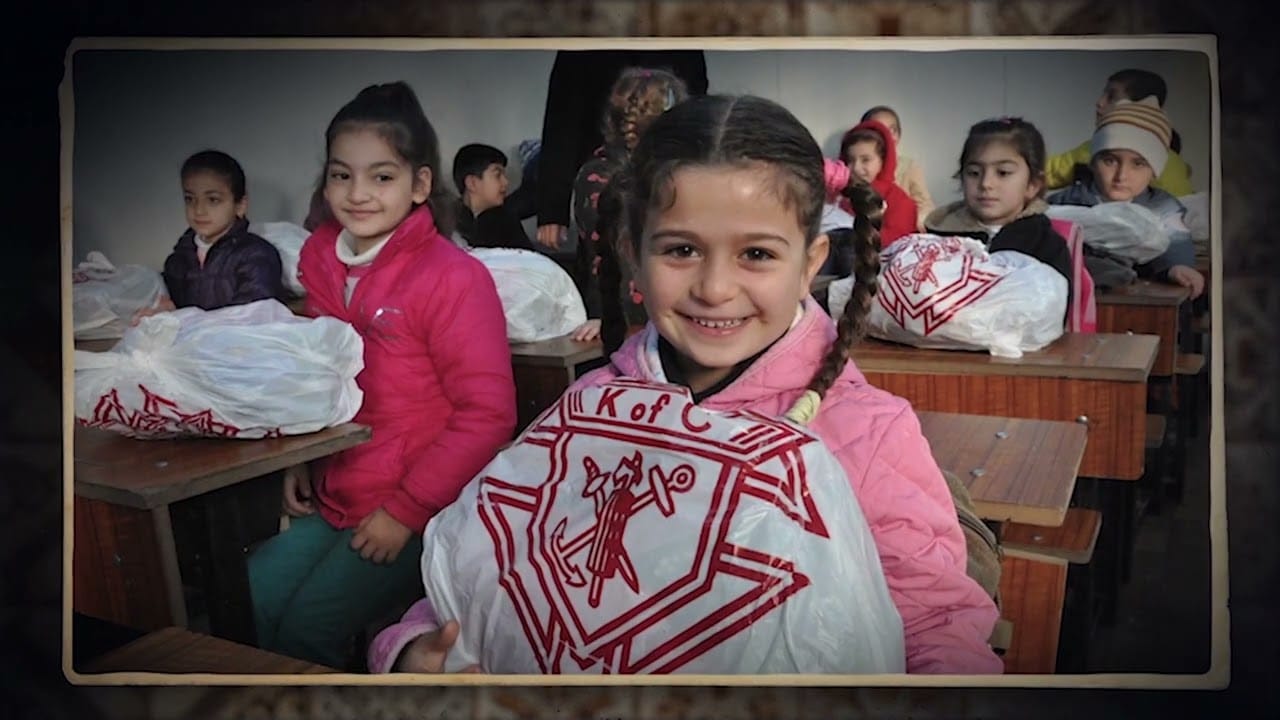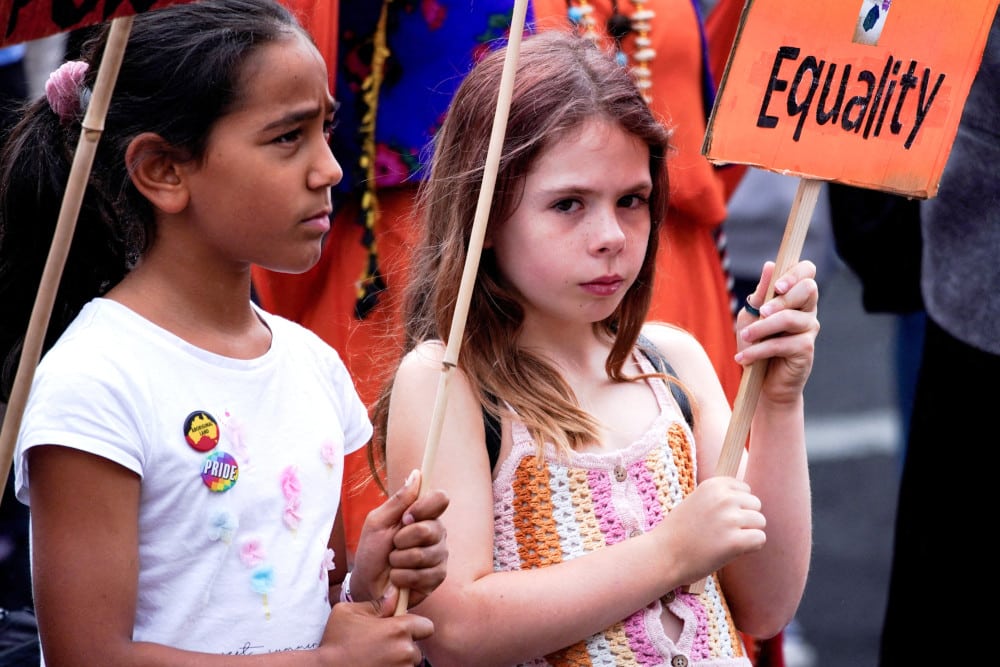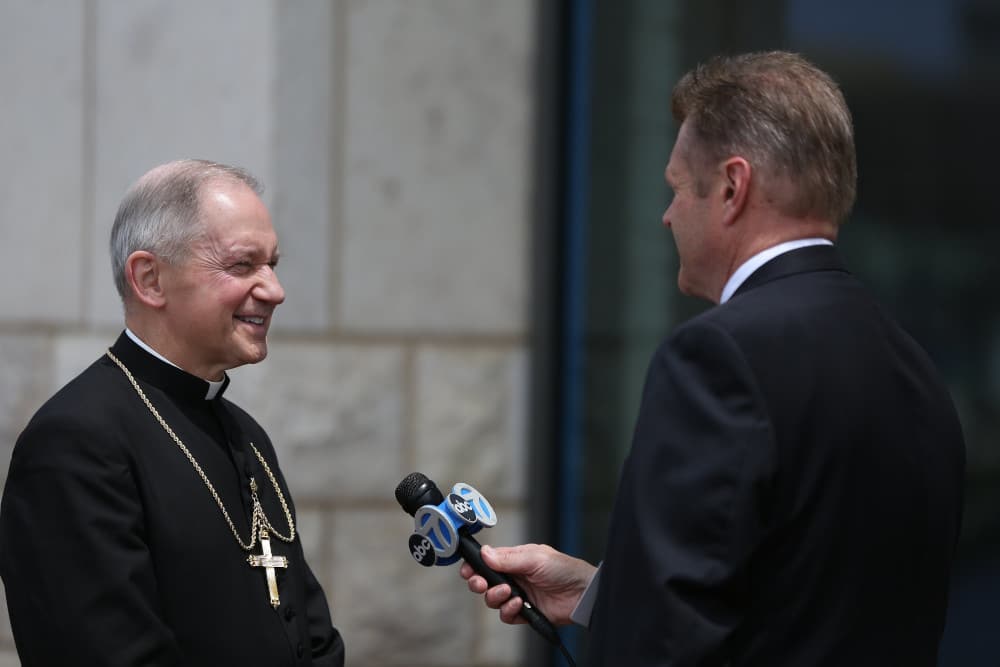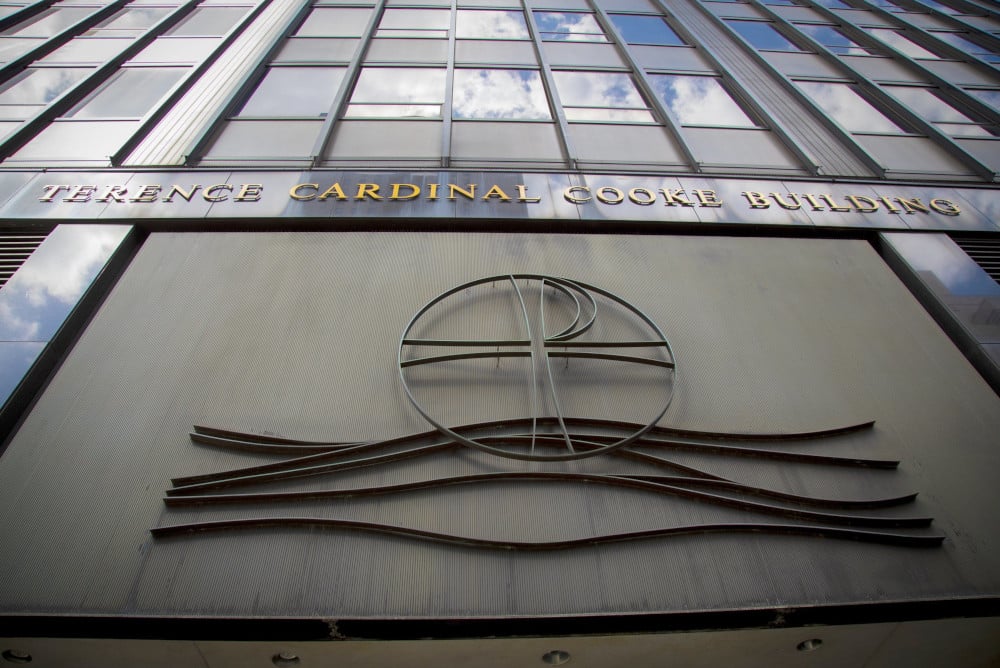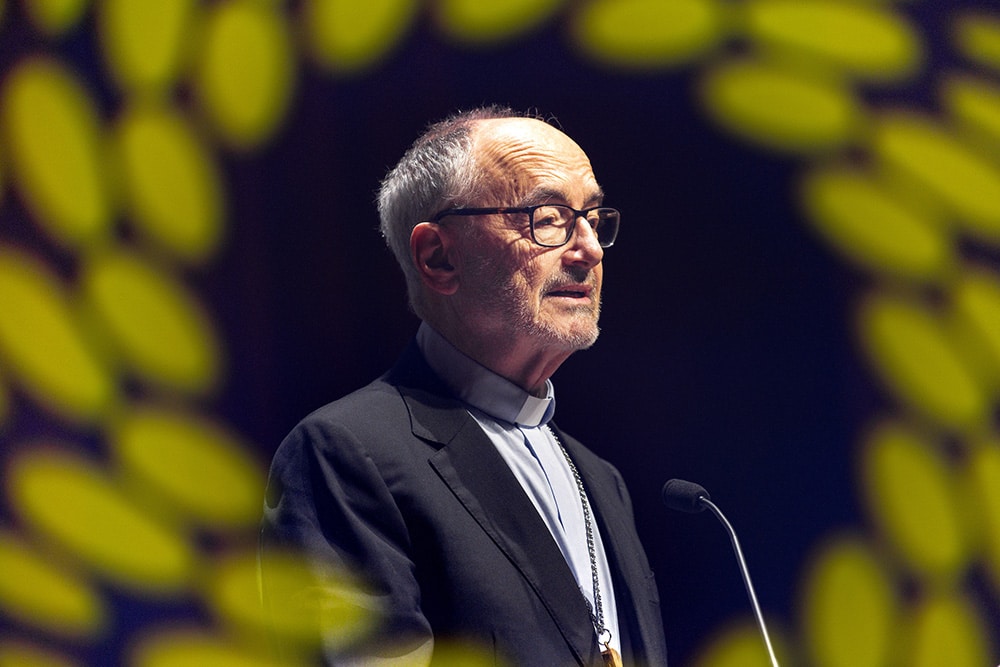
Cardinal Michael Czerny returned to Gonzaga University Thursday, March 9, bringing a few tales back to campus from his time in the late 1960s as a young Jesuit student at the Spokane, Washington, school. Like any seasoned scholar, he offered a reading list — his was made up entirely of recent papal letters by Pope Francis.
But more than anything, Czerny came with a challenge for current college students and their higher education institutions: Rekindle the fires of inquiry and action capable of changing the world when, facing climate change, polarizing division and ecological destruction, the world needs them more than ever.
« Let’s agree that the current planetary emergency is all too serious to leave to the kids alone, » said the head of the Vatican Dicastery for Promoting Integral Human Development, referring to the climate strikes that have broken out globally in recent years and have been sparked and largely led by teens and younger students.
« Universities need once again to become hotbeds of critical thinking and incubators of radical action, » he said.
Czerny, a 1968 Gonzaga graduate with degrees in the classics and philosophy, spoke in his hourlong lecture on the subject of caring for our common home to a sold-out audience of more than 700 people inside the Jesuit university’s Myrtle Woldson Performing Arts Center. Attendees received a copy of « Our Common Home: A Guide to Caring for Our Living Planet, » a result of a recent faith-and-science collaboration between the Vatican and the Stockholm Environment Institute.
‘Let’s agree that the current planetary emergency is all too serious to leave to the kids alone.’
The Vatican official also promoted the Laudato Si’ Action Platform as a way for Gonzaga, as well as all Catholic universities, to respond to the crises sparked by climate change and ecological disasters in significant and concrete ways, where those battling against climate breakdown are able to say, « Our church is with us in our struggle. Our university is with us. »
Czerny noted that Gonzaga was among more than 1,000 educational institutions to already sign onto the Laudato Si’ Action Platform, which went live in November 2021. He invited Gonzaga’s leaders and students to examine what participation looks like in terms of incorporating ecological sustainability into its curricula, operations, purpose and community engagement.
And he suggested they not stop at their university, but also participate in the initiative through their families, parishes and other organizations.
The action platform « wants to generate a people’s movement. An alliance across churches, faith communities, educational institutions, nongovernmental organizations and governments to care for our common home and to care for one another, » the Vatican cardinal said.
The March 9 event was hosted by Gonzaga Center for Climate, Society and the Environment, and co-sponsored by the Gonzaga Office of Mission Integration and the Gonzaga Jesuit community. President Thayne McCulloh introduced the cardinal as « a distinguished Gonzaga alumnus and a true servant leader of the church and for the world community. »
Beginning his lecture, Czerny recalled how as an undergraduate he and fellow classmates protested against the Vietnam War « and other social evils. » While environmental issues were less in the forefront then, with the first Earth Day a few years away, he retrospectively described the U.S. military’s use of napalm — with millions of fireballs dropped each year on Vietnam — as « all about making their habitat uninhabitable. »
Advertisement
« Without our knowing it, napalm was an early if terrible lesson in the interconnectedness between human and environmental destruction, » he said.
Czerny referred to the period as « a turning point in both the First and Second Worlds, » similar to one the whole world is facing now from climate-related disasters, like record-breaking heat and wildfires that have struck the Pacific Northwest in recent years, along with hurricanes, floods and droughts around the globe.
With a majority of people aware of the calamitous threats posed by climate change, the cardinal said the real problem now is not convincing people that it’s happening, but rather « indifference and despair » in the face of that reality.
To address both, Czerny turned to Francis’ two encyclicals « Laudato Si’, on Care for Our Common Home » and « Fratelli Tutti, on Fraternity and Social Friendship. » Together, both the pope’s « letters to the world » outline what needs doing and who needs to do it, Czerny said.
« Francis’ two great encyclicals are not meant for library shelves. We need to convert them into action, » the Vatican cardinal said.
In highlighting key aspects of the twin papal documents, Czerny called Chapter 3 of Laudato Si’, on « The Human Roots of the Ecological Crisis, » the most difficult. He broke down Francis’ concept of the dominant technocratic paradigm — a worldview that has placed humanity in conflict with the rest of nature — that has become pervasive throughout society, including educational systems and curricula.
‘Unless we get beyond tribalism, we won’t be able to offer our poor, beaten-up, half-dead world the first aid it needs more and more each day.’
« We are part and parcel of the problem, » the Vatican cardinal said. « Our most prestigious centers of higher education continue to breed engineers and entrepreneurs, lawyers and managers, who measure success narrowly in terms of economic output and profit margins alone, at the cost of human and planetary well-being, even if this means depleting life-sustaining resources and destroying our common ecosystems. »
He later added, « We need to hear more about eco-justice in our universities. »
For Fratelli Tutti, it was Chapter 2 that he said was « the most touching, » where Francis reflects on the meaning of Jesus’ parable of the good Samaritan in today’s world.
Answering the question of « Who is my neighbor today? », he listed Indigenous peoples driven from their Amazon homelands as tropical forests are felled for mining and agriculture; Pacific Island communities displaced by rising seas; migrants from sub-Saharan Africa, facing drought-stricken hunger, taking « perilous journeys » across the Mediterranean Sea and English Channel to Europe; and families attempting to cross the Mexico-U.S. border to flee « floods, hurricanes and lawlessness. »
« My neighbors are from other tribes, » he said. « Jesus wants us to notice that being like me, in origin, race, language, religion, orientation, political affiliation, are all irrelevant when answering the question ‘Who is my neighbor?’ ‘Who is my sibling?’ «
Czerny continued, « Unless we get beyond tribalism, we won’t be able to offer our poor, beaten-up, half-dead world the first aid it needs more and more each day. »
And for both encyclicals, it was Chapter 5 that Czerny said was the most important in guiding humanity in pursuit of solutions to the ecological threats facing all of creation: in Laudato Si’, on dialogue, and in Fratelli Tutti, on a better kind of politics.
« These two patient approaches to the common good are the only, only, only way out, » he said.
In the face of despair from the « environmental horrors » humanity has wrought since the Industrial Revolution, Czerny suggested that rather than ask, « Where is God in all this? », the better question is « Where am I and where are we in all this? », including universities.
« In many situations, the best antidote for despair and anxiety is thoughtful and high-minded action, » he said.

